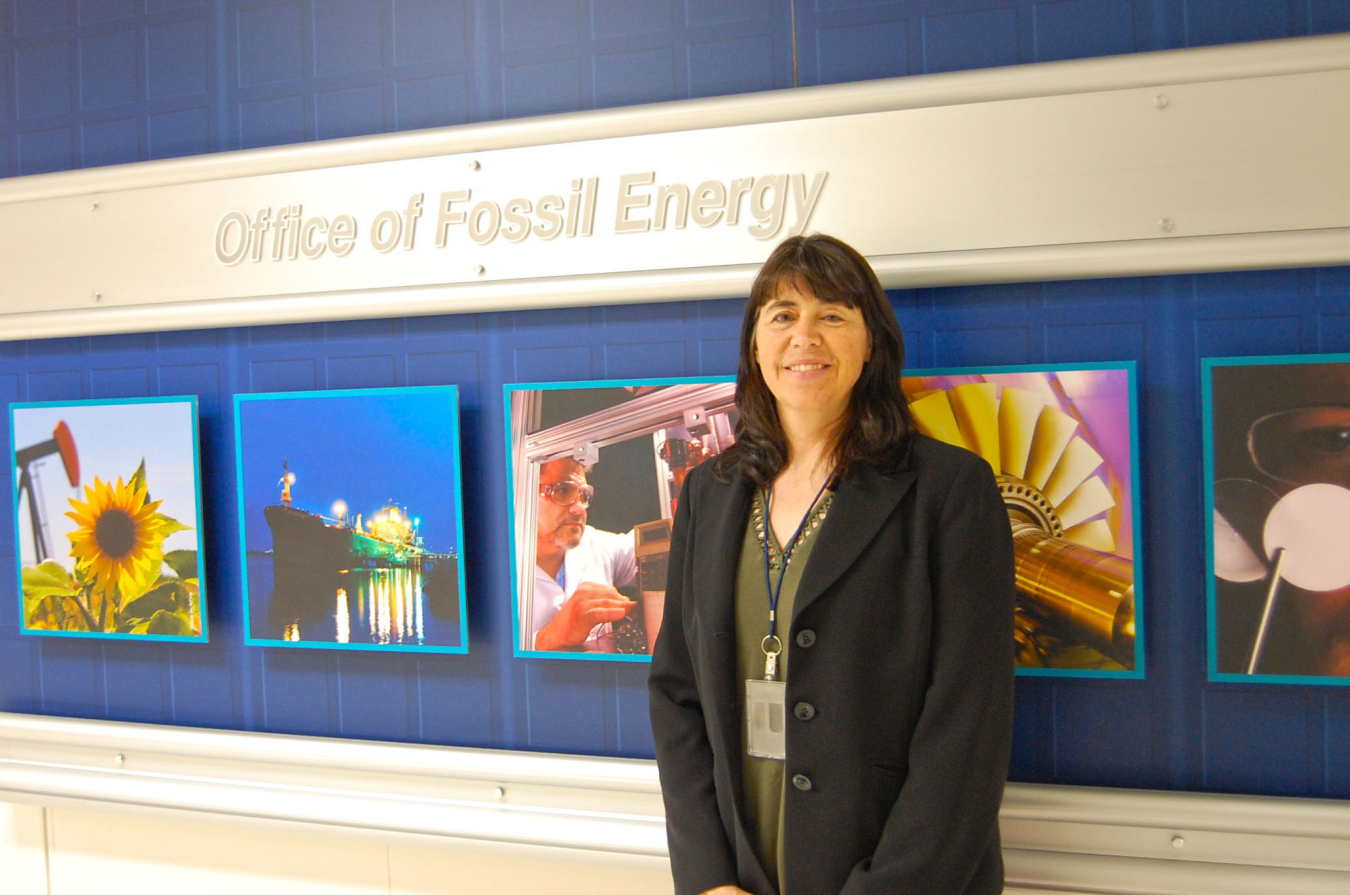In recognition of Women’s History month, the Office of Fossil Energy is spotlighting some of the many extraordinary women on our team. One of those is Ann Satsangi -- a General Engineer in the Government Affairs and Analysis group of the Clean Coal...
Office of Fossil Energy and Carbon Management
March 14, 2017
Ann Satsangi, General Engineer in FE's Clean Coal Program
In recognition of Women’s History month, the Office of Fossil Energy is spotlighting some of the many extraordinary women on our team.
One of those is Ann Satsangi -- a General Engineer in the Government Affairs and Analysis group of the Clean Coal Program. Ann has worked in the Department of Energy (DOE) since 1994, holding numerous positions with different teams.
After obtaining her Master’s degree in Nuclear Engineering from the University of Illinois, Ann began her career in program management at DOE. While working on Plasma Science Research programs at the Office of Science, Ann was responsible for inter-agency research collaborations. Working broadly with different agencies and academic institutions compelled Ann to transition to her current position in 2014 and pursue her policy and strategy interests. She likes that her job allows her to see the many facets of technology development—from research to actual deployment of those technologies—and the opportunity to make a positive impact with her work at DOE.
As a woman entering the workforce, Ann says she felt an encouraging environment within DOE. She noted that for women “there are subtle, understated challenges of approaching things in a more thoughtful way rather than in an aggressive manner to make or prove a point.” However, Ann believes it is important for women to work in the science and energy field because they have a lot to offer and bring a different perspective, and it’s necessary to have the best people involved in all aspects of projects.
Ann has two daughters and a son, and when giving them advice about pursuing careers in science and energy, she encourages them consider engineering degrees. An engineering degree can be applied to a broad range of problem solving demands, providing versatility in the workforce. Her own degree opened the door for her to work in areas as varied as plasma science and clean coal technology, and she wants other women to have the same kind of opportunities to make a difference.

